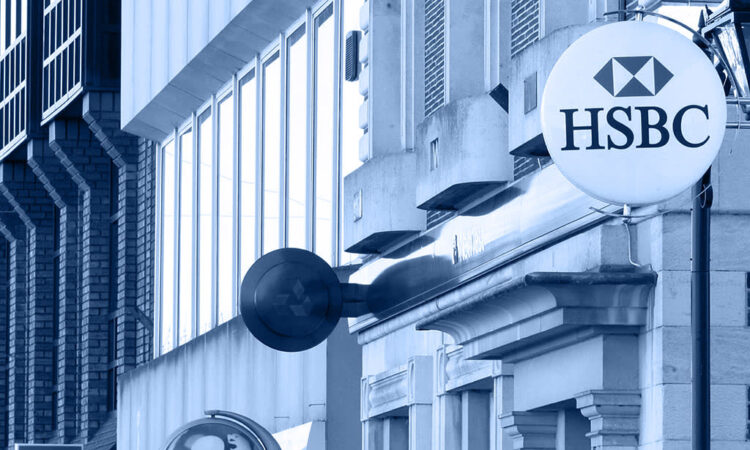
- Banks lead our UK dividends screen.
- Share price weakness makes yields attractive.
Banks have been magnets for controversy over the past couple of decades although one of the usual culprits, Barclays (BARC), noticeably avoided the impact of fines in its last results. With a fairly uninspiring business model, the investment case rests mostly on the attractive dividend. The shares are down around 12 per cent over the past three months which puts the trailing 12-month dividend yield at 5.4 per cent and the yield on median dividend expectations for the year ahead at 6.4 per cent.
Next on the screen comes Lloyds (LLOY), which has also seen its share price fall 12 per cent over three months. Nagging doubts about the health of the economy (Lloyds’ trend in growing charges for bad loans on its books has troubled investors), and regulators possibly keeping a watchful eye on Tier One Capital levels and leverage ratios, is possibly going to trump the bull case of rising net interest margins in a higher rate environment. Higher interest rates can be regarded as a mixed blessing in this regard as while they make it possible for banks to increase profits on the business of loans, the instability tightening credit conditions and a higher cost of capital brings to the wider economy is fraught with risk. On the macro risk side, the volume of loan refinancing due before the end of 2025 is cited as a potential problem for the global economy in general by Morgan Stanley analysts.
Focussing on more idiosyncratic problems, high-yielding NatWest (NWG) has seen its share price fall more than peers, with the drama around its CEO Alison Rose stepping down (after the Farage ‘un-banking’ scandal at subsidiary Coutts) but delivered encouraging results. Along with the risks peers are also subject to, the management turmoil has seen NatWest’s shares fall 18 per cent, which puts yield on next twelve months’ dividend expectations at an attractive 8 per cent.
HSBC (HSBA) might be less vulnerable to UK regulatory pressures and some of the specific country risks in Britain compared to rivals. In terms of the unknowns investors in banks need to try and factor in, however, the travails of the Chinese economy should be kept an eye on before being tempted by HSBC’s chunky expected forward dividend yield.
The fact remains that yield expectations and, more importantly, dividends themselves can be cut, if economic conditions sour. Income investors must consider whether there is an adequate risk premium above the yields that could be earned high quality issue bond funds or money market funds (least risk).





